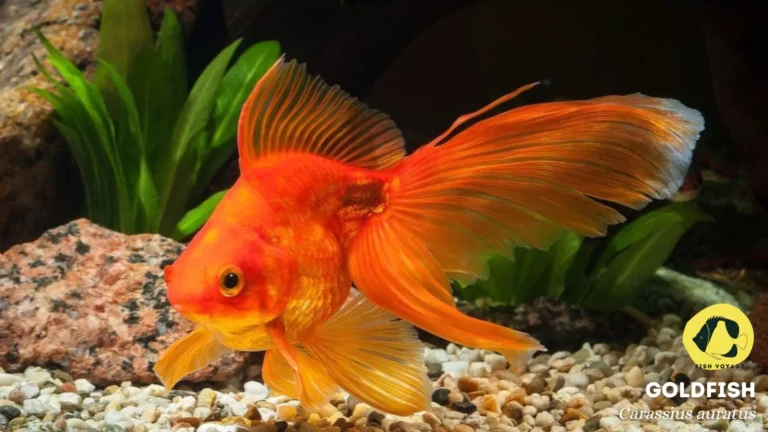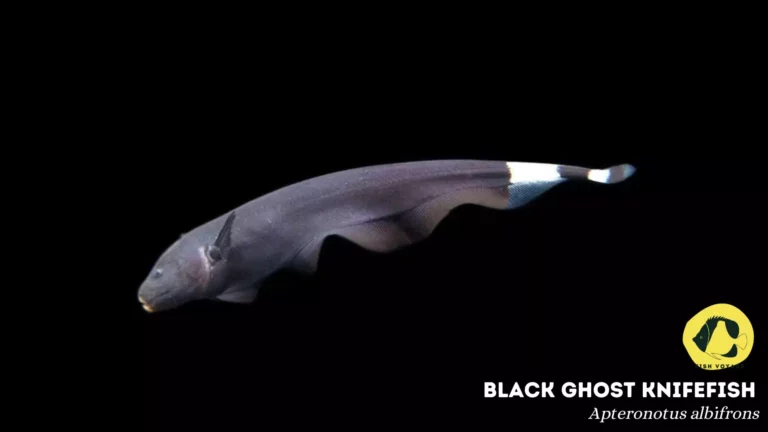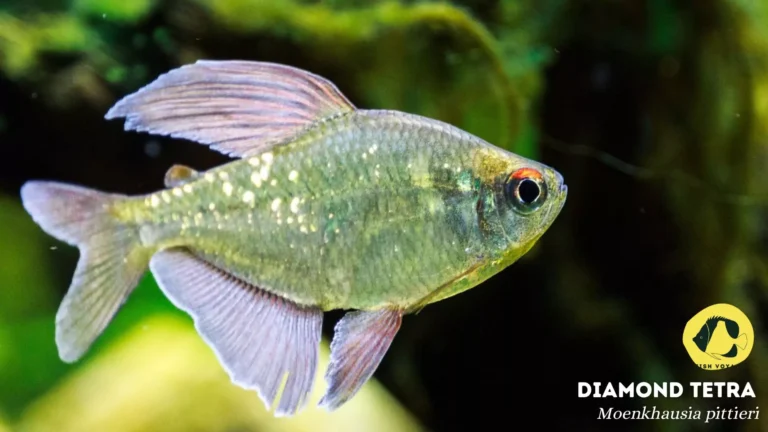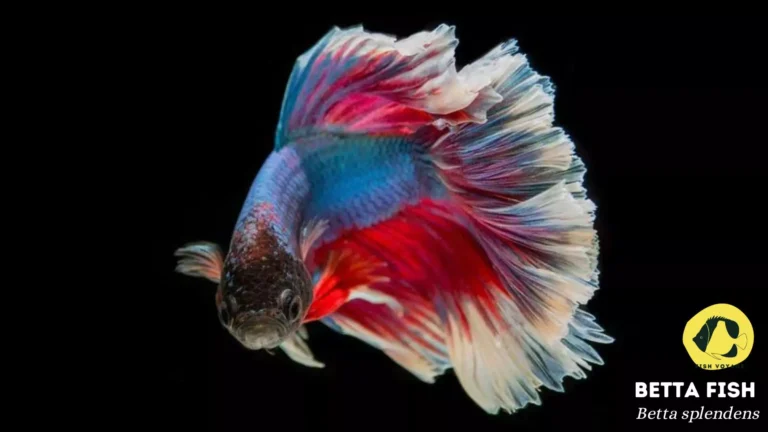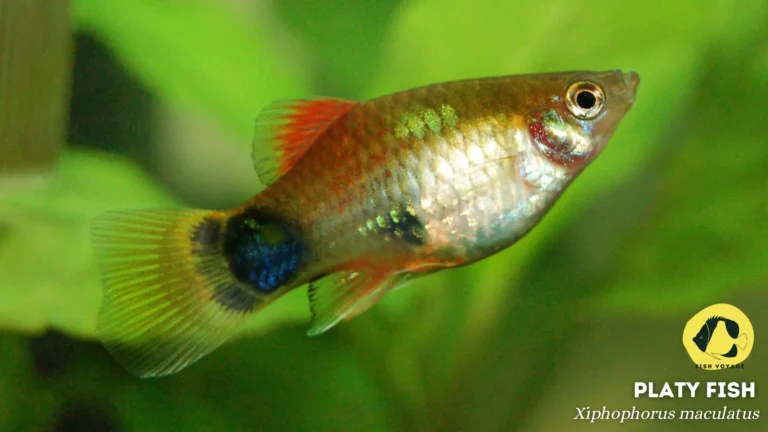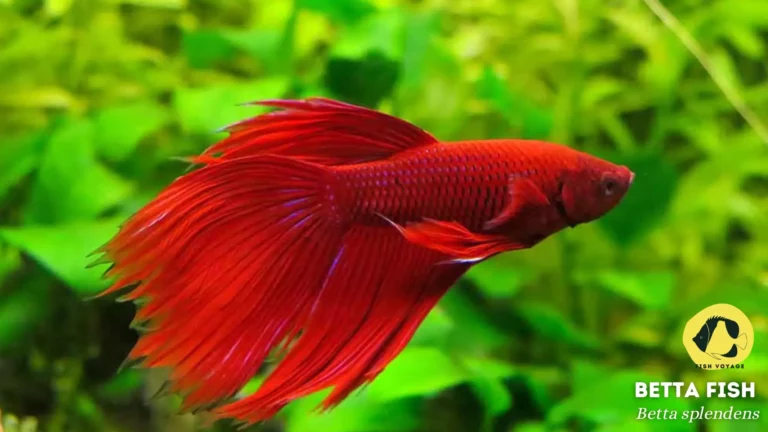Top 5 Longest Living Freshwater Aquarium Fish
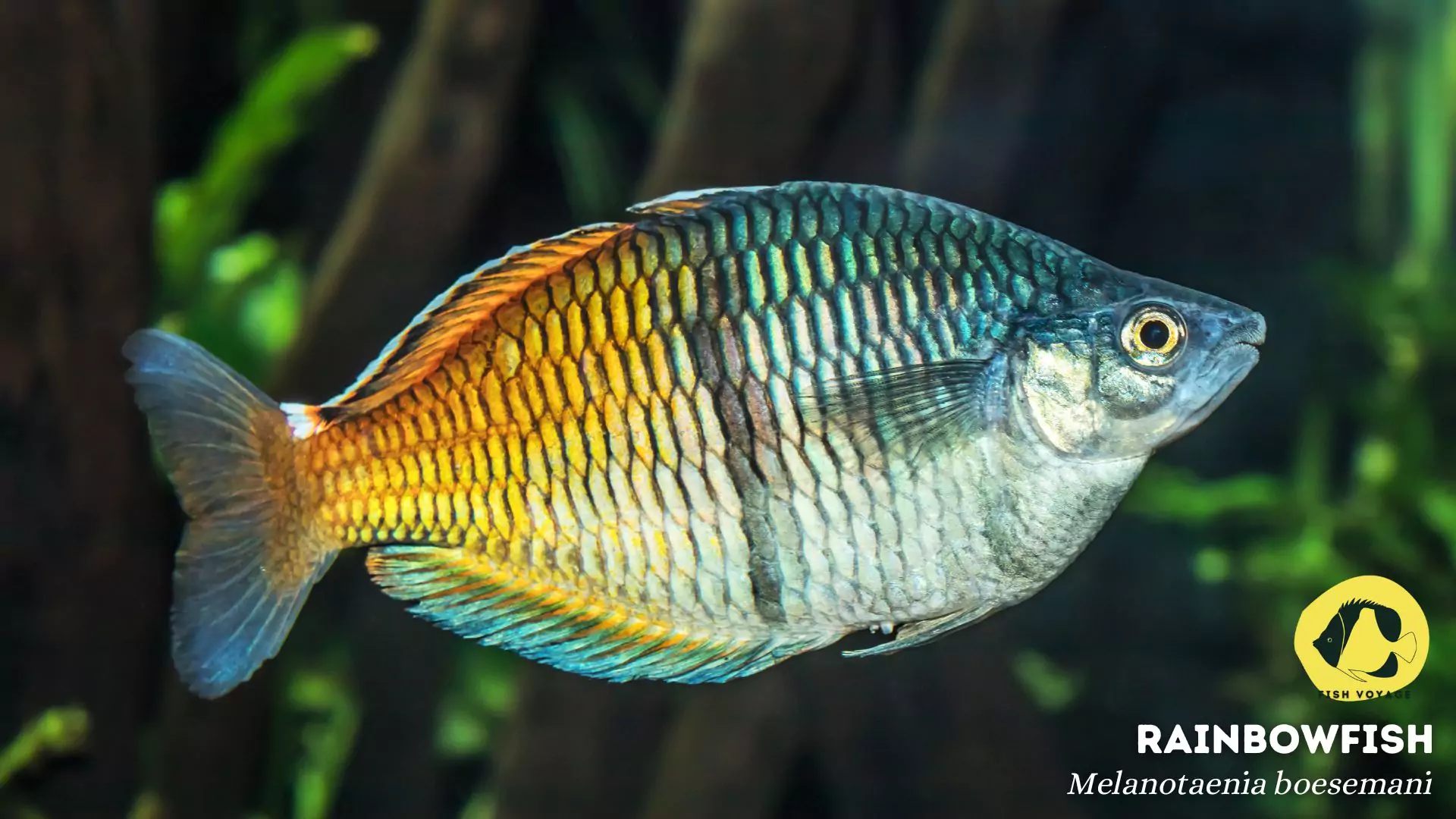
Aquarium enthusiasts around the world find solace and fascination in the captivating world of freshwater aquariums. These carefully curated ecosystems not only serve as aesthetically pleasing displays but also provide a serene escape for hobbyists. The allure of observing vibrant aquatic life thriving within the confines of a well-maintained tank is unparalleled. In the pursuit of creating a sustainable and thriving aquarium, the significance of selecting long-lived fish cannot be overstated.
Beyond the aesthetic appeal, the longevity of the fish species chosen plays a pivotal role in establishing a harmonious balance within the aquarium environment. Opting for fish with extended lifespans not only ensures enduring enjoyment for hobbyists but also contributes to the overall health and resilience of the aquatic ecosystem they diligently cultivate. In this exploration of the longest living freshwater aquarium fish, we delve into the secrets that make these aquatic companions not just captivating, but also enduring symbols of aquatic beauty.
Why Longevity Matters in Freshwater Aquariums
Enduring Enjoyment
Long-lived fish serve as enduring companions, allowing aquarium enthusiasts to build lasting connections with their aquatic pets. The extended lifespan of these fish enhances the overall experience, providing a sense of continuity and familiarity within the aquarium environment.
Investment in Time and Resources
Choosing fish species with a longer lifespan is an investment in time and resources. Aquarium hobbyists dedicate considerable effort to create and maintain their aquatic habitats, and selecting fish that thrive for an extended period ensures a more rewarding return on this investment.
Ecosystem Stability
The longevity of fish contributes to the stability of the aquarium ecosystem. As long-lived species adapt to their environment over time, they play a crucial role in maintaining the delicate balance of the tank. This stability fosters a healthier ecosystem, reducing the likelihood of disruptions caused by changes in fish populations.
Educational Opportunities
Observing the behavior and development of long-lived fish provides valuable educational opportunities. Enthusiasts can gain insights into the natural life cycles of these species, fostering a deeper understanding of aquatic biology and ecology.
Community Engagement
The presence of long-lived fish creates a sense of community among aquarium enthusiasts. Sharing experiences and knowledge about the care and behavior of these species fosters a supportive network, allowing hobbyists to learn from each other and collectively contribute to the well-being of their aquatic companions.
Key Factors Contributing to Longevity
Proper Nutrition
A well-balanced and nutritious diet is paramount for the longevity of freshwater aquarium fish. Providing high-quality food tailored to the specific needs of each species ensures optimal health and vitality.
Optimal Water Conditions
Maintaining pristine water quality is essential. Regular monitoring and adjustment of parameters such as pH, ammonia, nitrite, and nitrate levels create an environment conducive to the long-term well-being of aquarium fish.
Adequate Space and Enrichment
Offering sufficient space and environmental enrichment supports the physical and mental health of fish. Well-designed tanks with appropriate hiding spots, plants, and decorations contribute to the overall well-being and longevity of aquatic inhabitants.
Genetic Considerations
Understanding the genetic traits of chosen fish species is crucial. Responsible breeding practices and selecting fish from reputable sources can positively influence the overall health and longevity of aquarium fish.
In embracing the significance of longevity in freshwater aquariums, enthusiasts not only cultivate thriving ecosystems but also forge enduring connections with the aquatic world they so passionately cherish.
Factors Influencing Longevity
Water Quality: Maintaining Optimal Conditions
Pristine water quality is the cornerstone of a flourishing aquarium ecosystem. Regular water testing and meticulous maintenance ensure that fish thrive in an environment free from harmful pollutants. Just as we rely on clean air for our well-being, aquarium fish depend on crystal-clear water to lead healthy lives. Consistent monitoring and upkeep of water conditions are the first steps toward providing a sanctuary for our aquatic companions.
Diet: Impact of a Balanced and Nutritious Diet
The nutritional needs of freshwater aquarium fish are diverse. Crafting a well-balanced diet, rich in essential nutrients, directly influences the overall health and longevity of fish species. Imagine a well-prepared meal tailored to your exact nutritional requirements. Likewise, fish thrive when provided with a diet that meets their specific needs. A balanced and nutritious menu is the recipe for a longer, healthier life beneath the water’s surface.
Genetics: Role in Fish Longevity
The genetic makeup of fish species influences their susceptibility to diseases and their overall lifespan. Responsible breeding practices and selecting genetically robust individuals contribute to a healthier aquarium population. In the intricate tapestry of life, genetics lay the foundation. Understanding and valuing the genetic traits of our aquatic companions empower us to make informed choices, ensuring the well-being and longevity of our fishy friends.
Tank Size and Environment: Providing Adequate Space
The size of the aquarium and the quality of its environment are pivotal factors in fish longevity. Sufficient space and thoughtfully designed surroundings promote natural behavior and reduce stress. Imagine living in a cramped space versus a spacious, well-designed home. Fish, too, deserve room to roam and an environment that mimics their natural habitat. A properly sized tank becomes the canvas for a vibrant underwater world, where fish can live their fullest lives.
By addressing these key factors – maintaining optimal water conditions, providing a balanced diet, understanding the role of genetics, and offering adequate space and a suitable environment – aquarium enthusiasts pave the way for a thriving and enduring aquatic haven. In prioritizing the needs of our underwater companions, we embark on a journey towards creating a sustainable and vibrant aquatic ecosystem.
Top 5 Longest Living Freshwater Aquarium Fish Species
Betta Fish: Insights and Care Tips
Betta fish, also known as Siamese fighting fish, boast both vibrant colors and impressive longevity. Understanding their lifespan and implementing proper care practices are essential for Betta enthusiasts. Betta fish, with their flowing fins and vivid hues, can be cherished companions for many years. To ensure a Betta’s longevity, enthusiasts should provide them with spacious tanks, maintain warm water conditions, and offer a varied and high-quality diet.
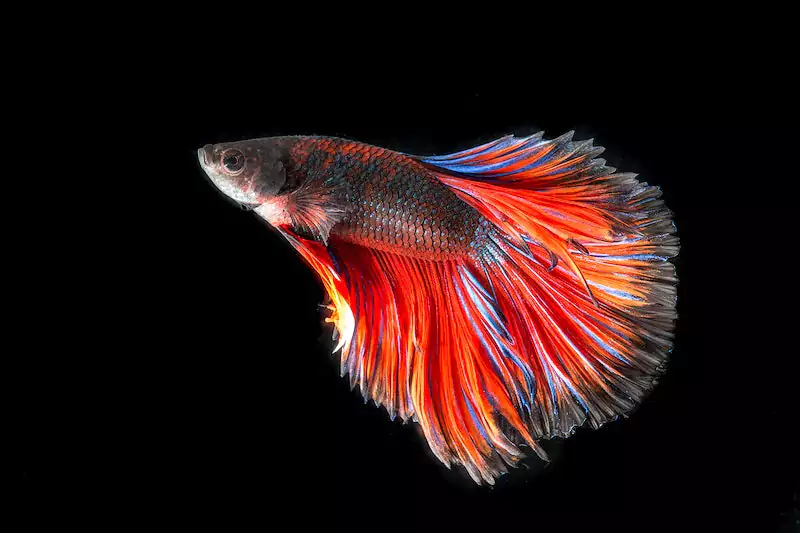
Goldfish: Varieties and Potential Lifespan
Goldfish come in various mesmerizing varieties, each with its unique charm. Exploring the potential lifespan of goldfish sheds light on the commitment required for their care. The world of goldfish is a tapestry of fascinating breeds, from the majestic Comet to the elegant Fantail. Understanding the distinct needs of each variety and providing a well-maintained habitat contributes to unlocking the full potential of a goldfish’s lifespan.
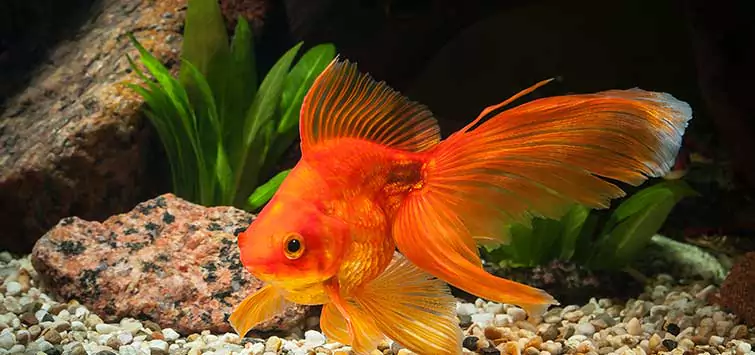
Koi Fish: Longevity and Considerations for Aquariums
Koi fish, renowned for their beauty and symbolism, can also be long-lived in aquariums. However, certain considerations must be taken into account to ensure their well-being. Koi fish, like living pieces of art, grace ponds and aquariums with their presence. For those considering these majestic creatures, understanding their requirements, such as a spacious environment, appropriate filtration, and a well-balanced diet, is paramount to fostering a lasting connection.

Rainbowfish: Vibrancy and Relatively Long Lifespan
Rainbowfish, celebrated for their iridescent colors, are not just visually striking but also known for their relatively long lifespan. Exploring their unique characteristics enhances the joy of keeping these captivating fish. Picture an underwater spectrum of colors gracefully swimming through your aquarium. Rainbowfish bring this vibrant display to life, and by meeting their needs, including a well-decorated tank and a diet rich in variety, enthusiasts can witness the longevity of these aquatic gems.
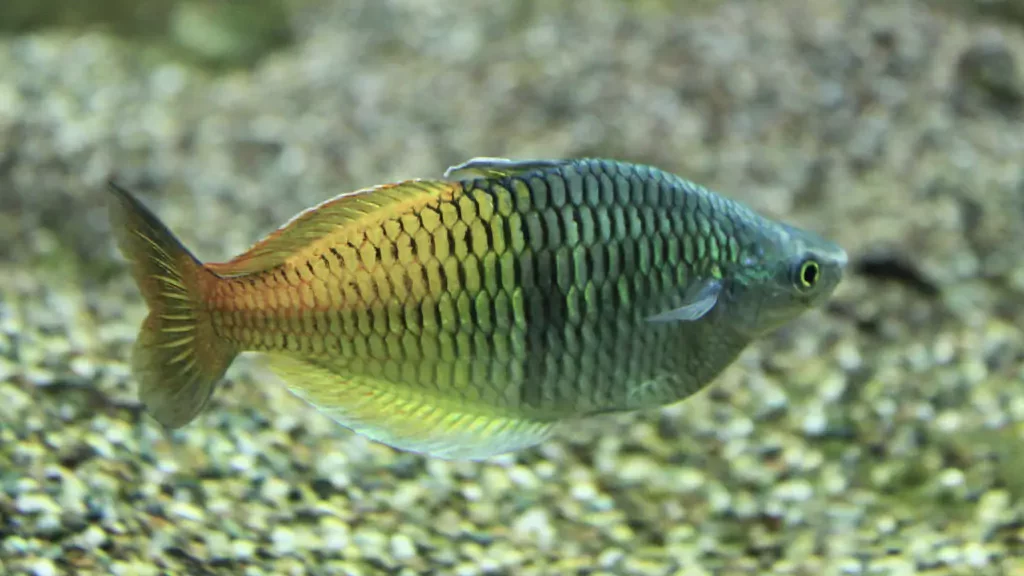
Plecostomus (Plecos): Role in Tank Cleanliness
Plecos, or Plecostomus, are not only fascinating to observe but also serve a practical purpose in maintaining tank cleanliness. Understanding their unique contributions ensures a harmonious aquarium environment. Meet the diligent cleaners of the aquarium world – Plecos. These armored catfish not only add character to the tank but also play a crucial role in keeping it spick and span. By providing them with hiding spots, a suitable diet, and proper tank conditions, enthusiasts can welcome Plecos as both companions and custodians.
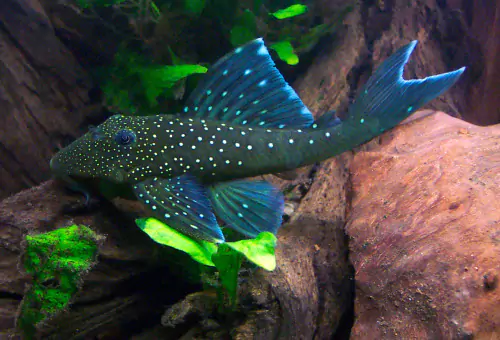
In exploring the unique characteristics and care requirements of Betta fish, Goldfish, Koi fish, Rainbowfish, and Plecostomus, aquarium enthusiasts embark on a journey to create vibrant and enduring underwater landscapes. Tailoring care practices to the specific needs of each species ensures not only their longevity but also the enrichment of the aquarium hobbyist’s experience.
Tips for Enhancing Fish Longevity
Proper Feeding Schedule
A well-structured feeding regimen is pivotal for the longevity of freshwater aquarium fish. Balancing feeding frequency and portion sizes contributes to the overall health and vitality of aquatic companions. Imagine serving a nutritious meal at just the right time each day. Fish, too, thrive on a consistent feeding schedule. By offering appropriate portions and ensuring a varied diet, aquarium enthusiasts contribute to the well-being and longevity of their aquatic friends.
Regular Water Changes
Regular water changes are a cornerstone of aquarium care. Removing accumulated toxins and debris ensures a pristine environment, promoting the health and longevity of freshwater fish. Consider a refreshing change of scenery – not just for you but for your fish. Regular water changes mimic the natural cycles of aquatic ecosystems, creating a clean and revitalized home for your underwater companions.
Monitoring Water Parameters
Monitoring key water parameters, including pH, ammonia, nitrite, and nitrate levels, is crucial for preventing potential health issues in aquarium fish. Understanding and maintaining these parameters contribute to a stable and thriving aquatic environment. Picture a well-balanced ecosystem where every element is in harmony. Similarly, monitoring water parameters ensures the equilibrium of your aquarium, providing a stable and comfortable habitat for your fish to flourish and live their fullest lives.
Compatibility
Ensuring compatibility among tank mates is essential to avoid stress and aggression, promoting a harmonious aquarium environment. Thoughtful selection of fish species fosters a community where each member can coexist peacefully. Think of creating a neighborhood where everyone gets along – the same principle applies to your aquarium. By carefully choosing tank mates that share similar needs and temperaments, you create a supportive community where fish can thrive and enjoy a stress-free existence.
In incorporating these practical tips – establishing a proper feeding schedule, conducting regular water changes, monitoring water parameters diligently, and ensuring compatibility among tank mates – aquarium enthusiasts take significant strides towards enhancing the longevity of their freshwater fish. By combining knowledge, care, and dedication, enthusiasts cultivate an environment where their aquatic companions not only survive but thrive for years to come.
Conclusion
In concluding our exploration of the longest living freshwater aquarium fish, we unravel the key elements that contribute to the enduring beauty and vitality of these aquatic companions. From understanding the importance of water quality, genetics, and proper care practices to delving into the unique characteristics of Betta fish, Goldfish, Koi fish, Rainbowfish, and Plecostomus, this journey has been a testament to the intricate balance required in aquarium husbandry.
As stewards of these underwater realms, we hold the power to shape the destinies of our finned friends. By providing optimal conditions, embracing the significance of longevity, and following the practical tips shared, we not only enhance the well-being of our freshwater fish but also extend our own enjoyment of this captivating hobby.
Remember, the heartbeat of a thriving aquarium lies in the meticulous care bestowed upon its inhabitants. Implementing the insights gained, such as maintaining a proper feeding schedule, conducting regular water changes, monitoring crucial water parameters, and ensuring compatibility among tank mates, forms the foundation for a sustainable and vibrant aquatic haven.
As you embark on your journey to create an enduring aquatic sanctuary, envision a tapestry of life where every ripple in the water tells a story of health, vitality, and coexistence. Let this knowledge be a guiding beacon, shaping your role as a guardian of the aquatic realm.
The longevity of freshwater aquarium fish is not just a testament to their resilience but also a reflection of the dedication and care invested by their keepers. As we bid farewell to this exploration, let us carry forth the wisdom gained, cherishing each moment spent with our underwater companions and ensuring a legacy of thriving aquatic ecosystems for years to come.
May your aquariums be vibrant, your fish be lively, and your journey as an aquarium enthusiast be filled with the joy of nurturing life beneath the water’s surface. Here’s to the enduring beauty of the longest living freshwater aquarium fish and the remarkable stories yet to unfold in your aquatic haven.
Additional Resources
Links to Recommended Products
Enhance your aquarium-keeping journey with essential products designed to support the longevity and vitality of your freshwater fish.
- Quality Fish Food: Ensure a balanced and nutritious diet for your fish with the help of Hikari Micro Pellets, promoting overall health and longevity.
- Water Testing Kits: Equip yourself with a reliable water testing kit, like the API Water Test Kit to monitor water parameters, creating an optimal environment for your aquarium inhabitants.
- Spacious Aquariums and Decor: Provide your fish with a comfortable and aesthetically pleasing home with the help of brands like majoywoo, offering ample space for natural behavior.
Elevate your role as a caretaker with these carefully curated products, each contributing to the well-being of your aquatic companions. From nourishing their diets to maintaining an ideal habitat, these resources empower you to create a thriving and enduring aquatic haven.
Frequently Asked Questions (FAQs)
1. What factors contribute to the longevity of freshwater aquarium fish?
Longevity in freshwater fish is influenced by various factors, including water quality, a balanced diet, genetics, and providing a suitable environment. Maintaining optimal conditions and understanding the specific needs of each species are key contributors to extended fish lifespans.
2. Which freshwater fish species have the longest lifespan in aquariums?
Betta fish, Goldfish, Koi fish, Rainbowfish, and Plecostomus are among the freshwater species known for their relatively long lifespans. Proper care practices, such as a well-maintained habitat and a nutritious diet, contribute to maximizing their longevity.
3. How often should I change the water in my freshwater aquarium?
Regular water changes are crucial for maintaining a healthy aquarium environment. As a general guideline, aim for partial water changes of 20-30% every two weeks. Adjustments may be necessary based on the specific needs of your fish and water testing results.
4. What are the signs that my freshwater fish may be stressed?
Signs of fish stress include changes in behavior, reduced appetite, abnormal swimming patterns, and color variations. Stress can be mitigated by ensuring proper water parameters, providing adequate hiding spots, and choosing compatible tank mates.
5. How can I create a compatible community of freshwater fish in my aquarium?
To establish a harmonious community, research the specific requirements and temperaments of potential tank mates. Consider factors such as size, aggression levels, and preferred water conditions. Introduce new fish gradually and monitor their interactions to ensure compatibility.

